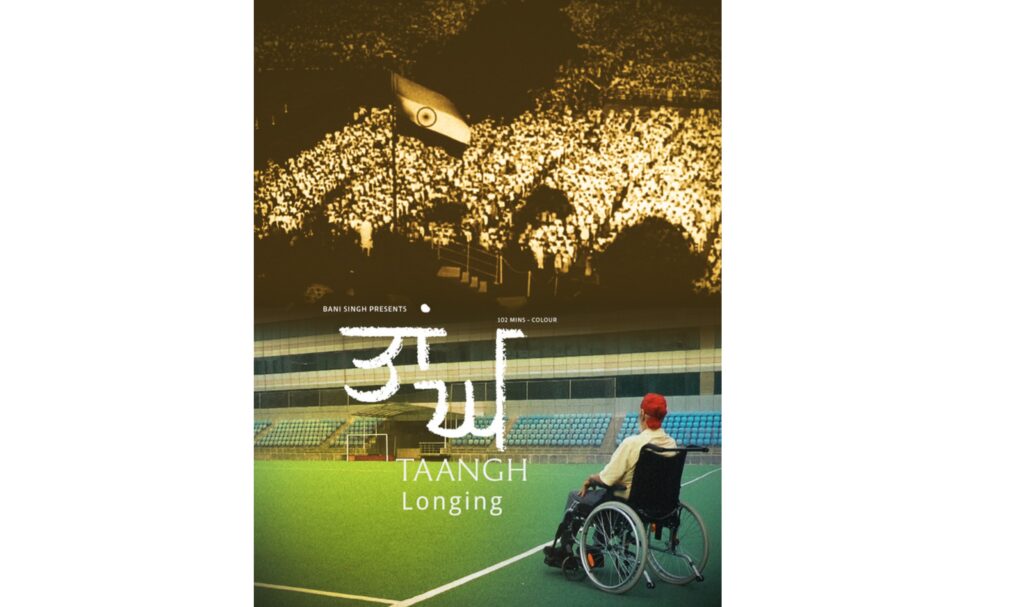Bani Singh’s documentary Taangh (English title: Longing) has the backdrop of the 1948 Summer Olympics, where India won the Gold medal in Hockey. But it can’t be addressed as a sports documentary by any means. The film is, no doubt, rooted in the sport of Hockey but it gradually turns into a heartwarming journey of a few hearts getting united a lifetime after getting separated during the Partition of 1947.
Taangh tells the story of Bani Singh who sets out to find out more about her father and the former Hockey great Grahanandan Singh aka Nandy Singh. The film is directed and shot by her. Nandy Singh was a part of India’s Hockey team that won the Gold at the 1948 Summer Olympics in England. It was an incredible moment in the Final as India beat England, the same nation that ruled them for almost 90 years, in front of their home crowd.
Six decades later, Nandy Singh suffers a stroke at the age of 84. His strong will to recover inspires his daughter, Bani Singh, to delve into his past to know the champion Hockey player that he was before she was born. She records her experiences, which eventually become this film.
Nandy Singh, obviously, isn’t a professional filmmaker. Taangh is more of her personal journey. But not once does it feel that she isn’t from this field. She uses simple techniques to film her experiences and conversations with a number of people. She is ably helped by editor Abhro Banerjee. Bani got the access of archival footage of the matches of the Olympics but she doesn’t go overboard in using it. The background score is also minimal, which was also as per the need.
Such a simple presentation of Bani’s story suits the film perfectly because the whole story is not only emotional but also with some amount of twists. This might be Bani’s personal story but it gradually becomes as important to you as if it’s your own.
The film starts off with Bani trying to find more about her father’s legacy but sees a sharp development when she gets to know that he had a close friend called Shahrukh, who was staying in Pakistan. Nandy and Shahrukh were part of the same Indian team before the Partition. However, following the formation of two countries, Shahrukh became a part of the Pakistani Hockey team.
Bani makes it her mission to trace Shahrukh and makes a visit to Pakistan. However, she doesn’t know if he is alive. The culmination of her mission in Pakistan becomes the highest point of Taangh. It, somewhere, reminds you of the search for Rancho in Rajkumar Hirani’s 3 Idiots, although not as dramatic by any means but as moving. In fact, the ending moments of the film are enough to move even a stone-hearted person.
There is no major negative point in Taangh. But a question that keeps lingering in your mind even long after the film is over is why the two long lost friends didn’t see each other through video calling. A reason is given for this as a passing reference but it’s difficult to digest.
Also read: Indi(r)a’s Emergency review: Shows the period’s relevance today
Nevertheless, this doesn’t stop Taangh from being a saga as moving and heartwarming as any feature film (this doesn’t mean that the makers shouldn’t consider making a feature film out of the story). It successfully drives home the message of peace and humanity in a profound way without saying much.
Rating: 4.5 out of 5
Director: Bani Singh
Editor: Abhro Banerjee
Taangh was screened as a part of the Parda Faash festival developed by Asia Society India Centre in collaboration with Film Southasia and the Goethe Institut / Max Mueller Bhavan, Mumbai
